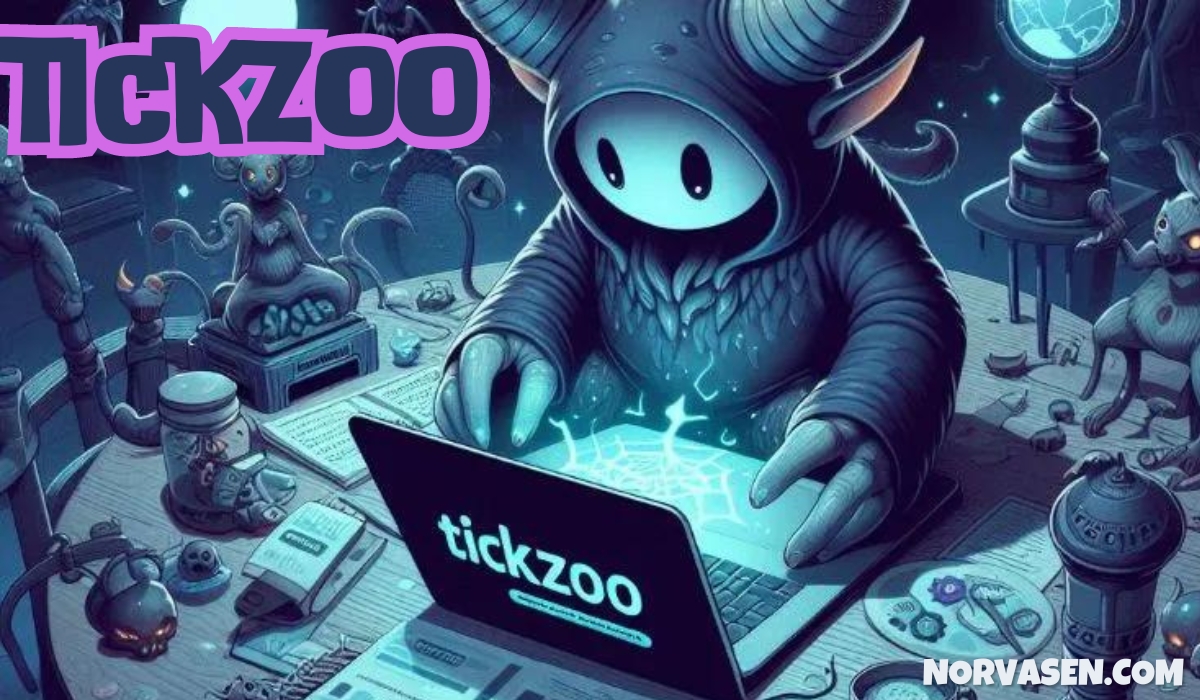Tickzoo & Related Sites: What Happened?
Is the digital world truly a safe space, or are we unknowingly navigating treacherous waters? The echoes of online activity, from seemingly innocuous searches to the darkest corners of the web, can leave a lasting impact, and in some cases, expose individuals to unforeseen dangers.
The user @eljopende16 shared a chilling experience, revealing the potential for digital surveillance. "Yes, they had tracked my phone," the user stated, recounting a situation where their location was pinpointed. Fortunately, the exact address remained unknown. Law enforcement, seemingly investigating online activity related to animal pornography, had knocked on doors, inquiring about dog ownership. This incident serves as a stark reminder of the digital footprints we leave behind and the lengths to which authorities might go to investigate such matters. The user's vigilance and caution, stemming from a previous brush with danger, underscore the necessity of safeguarding one's digital identity.
Navigating the online sphere, particularly when it comes to potentially sensitive content, requires a degree of caution. One user expressed frustration with the difficulty of finding quality content in the "zoo" world, noting that many available platforms leaned towards the extreme and disturbing. This sentiment highlights the need for responsible content creation and the challenges users face in finding trustworthy and ethical online resources.
The closure of websites like "bestialitylovers" and "petsex," following changes in US laws, underscores the ongoing battle between freedom of expression and the regulation of online content. The digital landscape is constantly evolving, and what was once accessible may quickly disappear, leaving users to seek alternative platforms and content.
The sudden inability to access one's "zooville" account may be a common issue, but it points to a deeper problem, of digital privacy. The inability to mask user names and client applications, could be an issue. Users often find themselves locked out of their accounts, highlighting the complex challenges of online anonymity and content moderation.
The emergence of online forums, such as a Telegram group created for Brisbane, offers a glimpse into the underground, hidden world. The reliance on private messaging for access indicates an attempt to circumvent censorship and maintain control over content distribution. The desire to share or find content within this realm reflects the ongoing demand for specific types of media, even if it falls outside societal norms.
The potential for videos to be shared via formats such as VHS tapes indicates a desire for privacy and content control. The limited copies and the potential for digital conversion of the video, are ways to ensure that the content remains elusive. This is a reminder of the cat-and-mouse game between creators, distributors, and those who seek to regulate such content.
The search for safe and alternative platforms to "zooville" reflects the need for users to find content that aligns with their interests. As online spaces evolve, users continuously assess the available options, weighing factors such as content quality, accessibility, and security. It highlights the constant pursuit of platforms that offer the desired content while maintaining the integrity of online privacy.
In contrast to the content, the platform "Tickzoo" emerges, offering a suite of tools designed to enhance productivity, collaboration, and project management. Its intuitive design and scalability cater to a diverse user base, spanning freelancers to large organizations. Its existence represents the potential for innovation and growth in the digital landscape, even as other platforms face scrutiny or closure.
The scrutiny and controversy that have surrounded "Tickzoo" serve as a reminder of the ever-changing landscape of online content. The challenges faced by "Tickzoo," from allegations of harmful content to compliance concerns, are a testament to the complexities of managing an online platform in a world of evolving legal frameworks.
The innovative technology and creative vision that drove "Tickzoo" demonstrates the power of technology and creativity. This platform allowed users to interact with and learn about animals. It challenges us to consider the ways in which the digital world shapes how we interact with, and understand the world around us.
The digital landscape is one of constant transformation, where new innovations emerge while others fade into obscurity. The story of "Tickzoo," with its controversies and ultimate shutdown, highlights the critical importance of content moderation, legality, and trust for user engagement. The lessons learned from its rise and fall will continue to shape the digital landscape.
Tickzoo.org provides detailed information on ticks and prevention methods, separate from the other content discussed. It stands as an example of educational resources. It reminds us of the potential for the digital world to provide valuable information, even as it navigates the controversial waters of the internet.
The German expression "Entdecken sie die einzigartige welt von tickzoo" and the platform's discussion of topics that "often cross the boundaries of social norms" highlight the diverse nature of the internet and the unique spaces it creates. Even though it may share some resemblance with "artofzoo tickzoo", it has carved out its niche.
| Feature | Details |
|---|---|
| Platform Name | Tickzoo |
| Primary Function | Productivity, Collaboration, and Project Management Tools |
| Target Users | Freelancers and Teams in Organizations |
| Design | Intuitive |
| Scalability | Yes |
| Notable Features | Interactive Exhibits, Educational Content |
| Controversies | Concerns about Societal Values, Animal Welfare, Legal Frameworks |
| Impact | Revolutionized Animal Interaction and Education |
| Legacy | Content Moderation, Legality, Trust |
| Website | Tickzoo.org |
The digital world offers both opportunities and challenges. It's a world where privacy is at risk, and online platforms can be controversial. These events remind us to think critically about how we use the internet. As we navigate the digital world, it's essential to be aware of our digital footprints.


